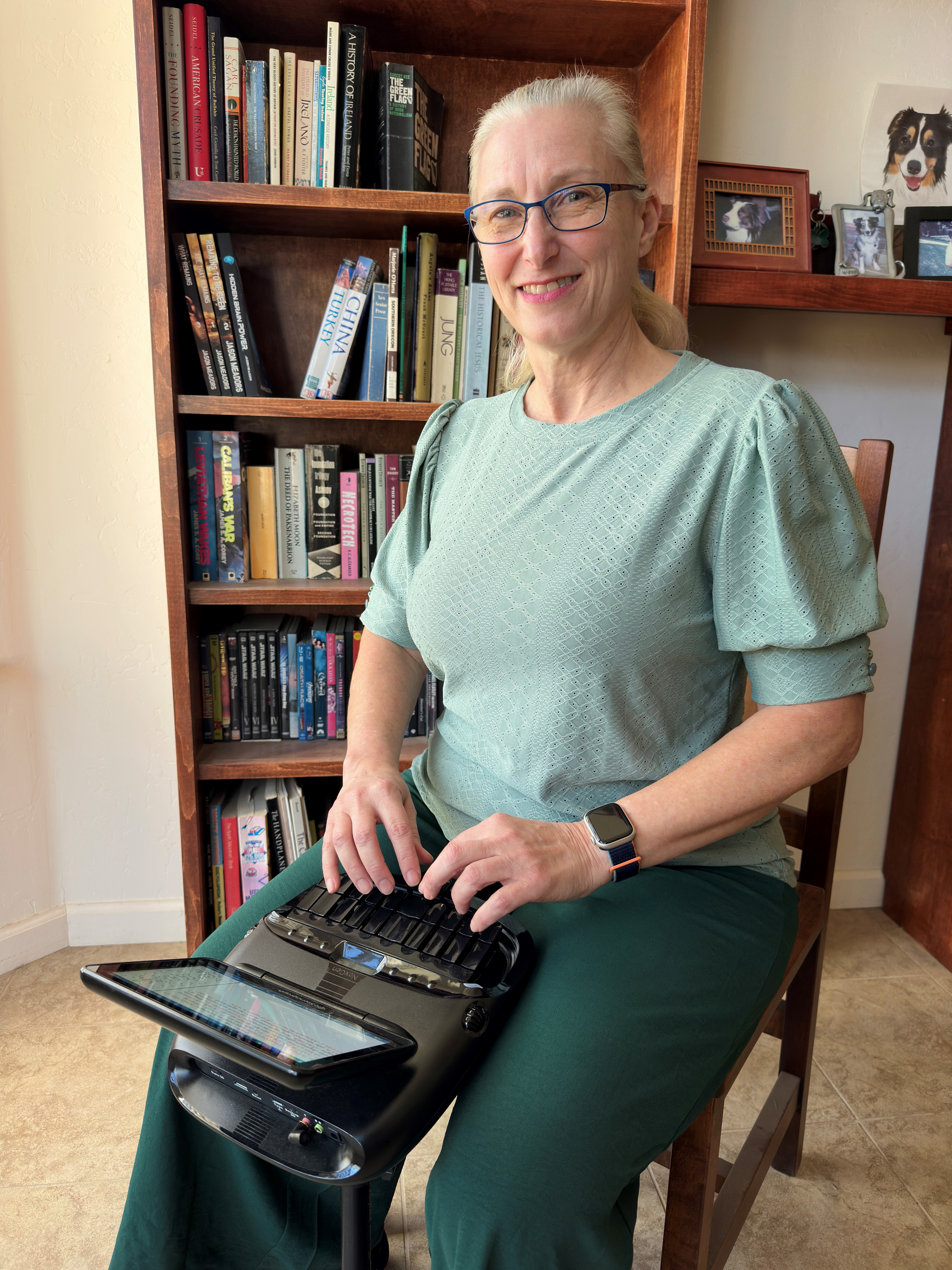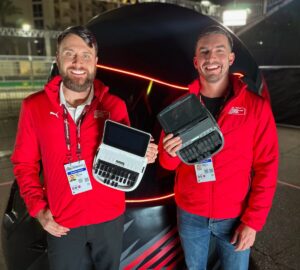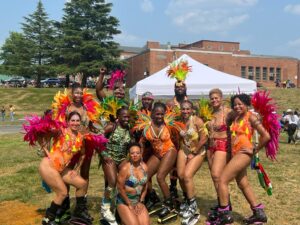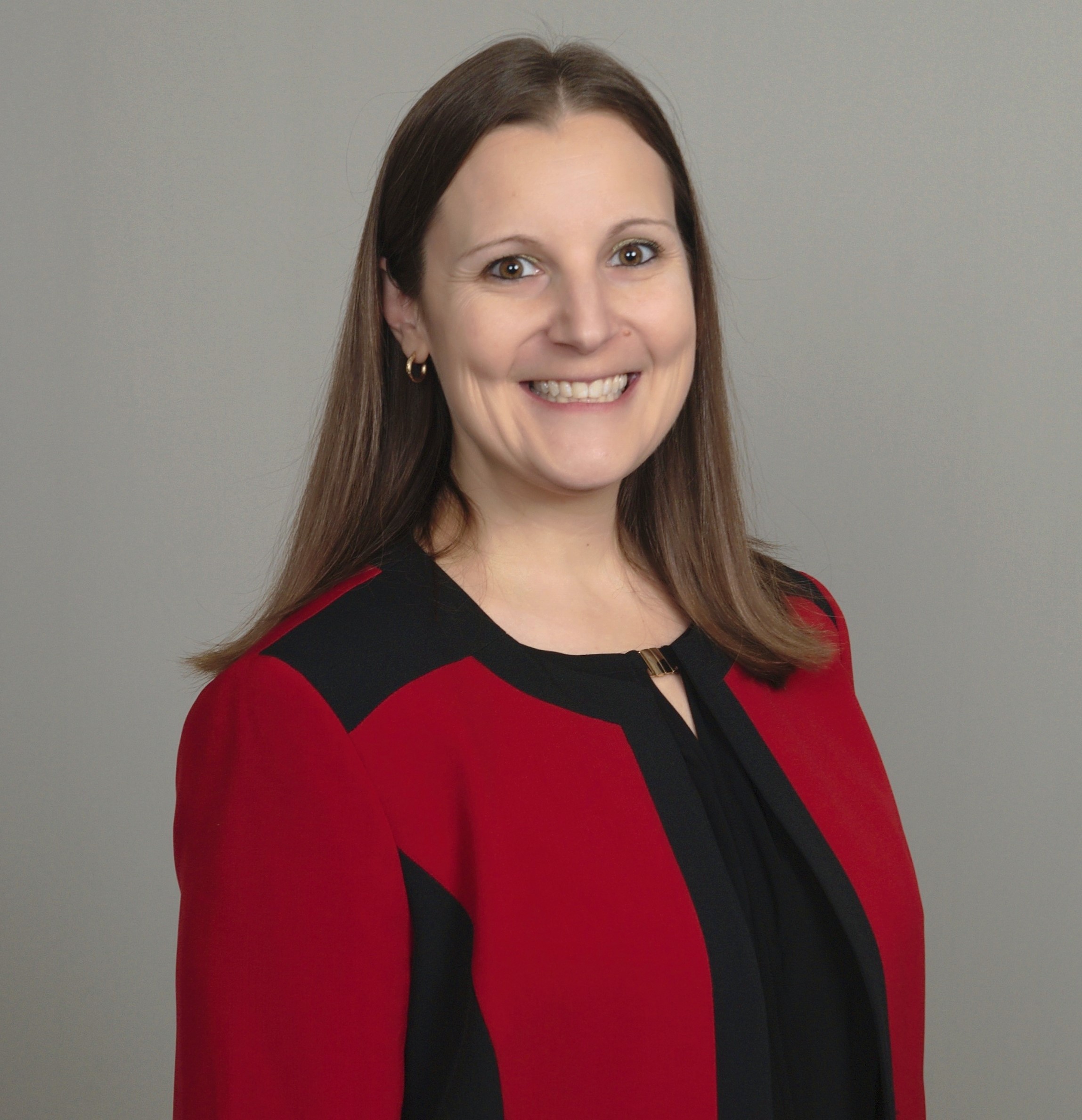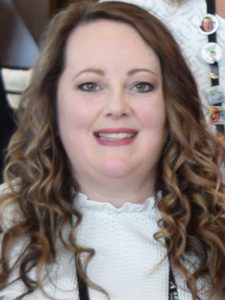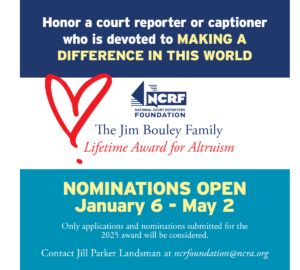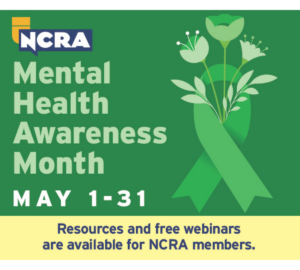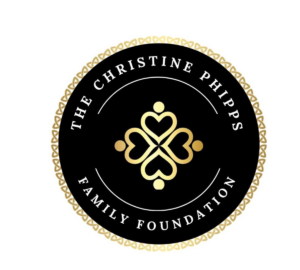Cindi Lynch is a student member of NCRA and also serves as Training Program Manager for Stenograph located in Downers Grove, Ill. She has been with the company for 35 years and currently heads the firm’s Ascend Training and CATalyst Academy as well as manages the Certified Independent Training Agent Program. She also represents Stenograph at various events and teaches classes in person when requested.
Throughout her career she has served in a wide range of training roles helping court reporters, broadcast and CART captioners, and others learn how to use CATalyst, Stenograph’s CAT software. But as Lynch moved into teaching larger groups, she said she realized that if she could actually write on a steno machine, then she would become a better instructor. After starting to teach herself to write steno and finding it too slow of a process, she decided to enroll in court reporting school. And, with retirement lurking in the not-so-far-future, Lynch says she may have also found her second career.
The JCR Weekly reached out to Lynch to find out more about her journey into court reporting school, what it has taught her as a student and as a person, and what could be in store in the future.
JCR | What prompted you to enroll in court reporting school?
CL | I’ve been working for Stenograph since 1989 training court reporters, broadcast and CART captioners, instructors, students, etc., how to use CAT software. Before that I taught Premier Power, Cimarron, OmniCAT, BaronData’s OZpc and OZ, and before those DOS-based products, I taught how to use dedicated hardware and even earlier CAT software.
I learned what reporters did and how to read steno theory and to understand the differences between various steno theories. Being able to read steno was necessary to be able to teach how to use the CAT software. When I began presenting to larger groups vs. teaching one-on-one, it was impossible to demonstrate some of the CAT software features without being able to write. I taught myself how to press the correct keys and produce the results I needed to teach, but that has always been a painfully slow and embarrassing process! I knew that learning how to write would have a lot of potential benefits for my current job – if I could write, I could demonstrate better in class, I could more easily create sample files for classes, and I could be of more use to our development team for testing. I also knew that standing in someone else’s shoes is the best way to understand how to teach them effectively! So I decided that it was long past time for me to take this step.
JCR | What program are you in?
CL | I am attending Clark State/Stark State. I’ve finished Theory I and am currently in the second week of Theory II.
JCR | How far along are you, and when do you anticipate you will finish? Are you considering going for certification?
CL | I am planning to begin speedbuilding classes in January, and we’ll have to see how far I can take this. If I can gain the kind of speed I would need to graduate and become certified, then I absolutely will pursue that. I’m not far away from retirement age. Reporting could be a second career, either full- or part-time, and I can imagine how helpful that might be – and how much fun!
JCR | Do you plan to stay with the company once you graduate from court reporting school?
CL | If I graduate before I reach retirement age, then yes, I do plan to stay with Stenograph; however, I will maintain the skill and pursue certification(s).
JCR | What area of the profession are you interested in pursuing: Official, freelancer, broadcast captioner, CART captioner?
CL | Again, if I can build up sufficient speed and actually do the job, then I can see myself as a freelance deposition reporter working in and around Central California and/or remotely.
JCR | What is your purpose in going to court reporting school?
CL | My primary goal – already achieved to some extent — is empathy and being a better teacher! Secondarily, if I can achieve it, I’d love to become a working reporter for an additional source of income post-retirement. Another goal already achieved is having fun. I enjoy practicing, and I love getting those moments of success where I’m not struggling to write, I’m just writing.
JCR | What would you say surprised you the most at first when starting your program?
CL | How much fun it is to learn! It’s been a long time since I’ve been a student, and when I was, most of my classes were compulsory rather than something I particularly wanted to learn. This is a skill I’ve always genuinely wanted to have, and so discovering how to gain that skill is tremendously enjoyable!
JCR | What has been the most difficult part of your journey so far?
CL | The fact that there aren’t enough hours in the day for me to do everything I want to do! I continue working full-time for Stenograph, and it’s important to me to spend quality time with my husband and our 10 four-legged kids. I’ve had to make time to practice so that I can succeed. Because I’m a perfectionist, I hate to STOP practicing and go do something else. I always want to keep going until I get something right rather than trust that tomorrow is another opportunity to get it right! I wish I could sit down with my brain and my fingers and encourage them to work together instead of constantly fighting each other!
JCR | What has been the easiest?
CL | Absorbing new material. Although the theory I’m learning (Roberts Walsh Gonzales) is totally new to me and in some ways very different from others I’ve encountered as a trainer, I have a huge advantage over my classmates in that many of the briefs and phrases are already familiar to me and new ones are easy to understand. Occasionally, my brain will temporarily fight something that’s very different from what I’d previously learned. For example, in this theory I’m taught to write SKP for and instead of /APBD, and -FPL for final-X sounds as opposed to -BGS, which is what I’d seen before. However, as soon as I start practicing it, I find that I can incorporate it and make it natural pretty quickly.
JCR | Do you currently have a mentor, and how important has that experience been in helping you in your journey?
CL | One of the first things I did when I began Theory I at Clark State was join NCRA, the California Court Reporters Association, and the California Deposition Reporters Association. I asked NCRA for a mentor, but unfortunately, none were available at the time. Fortunately, I have made a lot of friends in the industry over the years, and I’m grateful that Nancy Bistany, RPR, a federal official and freelance court reporter from Chicago, Ill., agreed to serve in that capacity for me. I have received outstanding advice from her, and tremendous support, reassurance, and advice from my current and former students.
JCR | What would you say to others to encourage them to consider a career in stenographic court reporting or captioning?
CL | If you want not only to be able to earn a good living, but for the time you spend learning and working to matter and the money you invest in being able to do this job to be 100 percent worthwhile, then take your passion and your perfectionism and dive in headfirst. Being able to write steno isn’t just a singular job skill, and court reporting or captioning aren’t just jobs. It’s something worth pouring your heart and soul into because they matter. The quality of your work product will make a measurable difference in people’s lives.
I am extremely grateful to Stenograph for supporting my effort to learn this skill. My colleagues are a big part of the reason I’ve stayed in this same job for decades, and the people I’ve taught and continue to help in my role as a trainer are the people who inspire me to succeed.
Cindi Lynch can be reached at clynch@stenograph.com.

